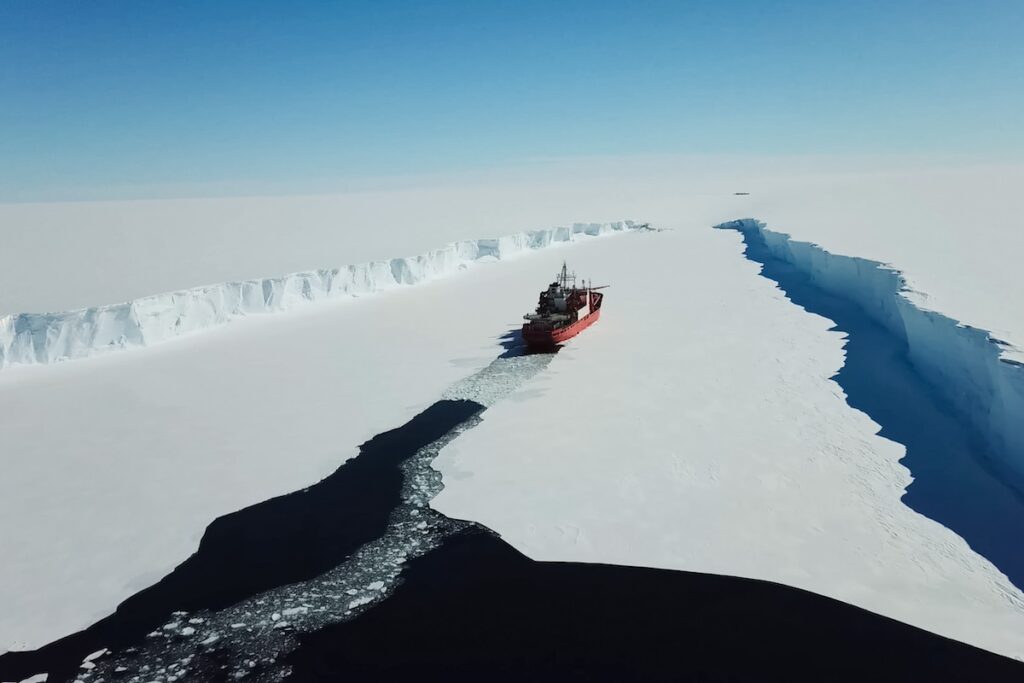How to Deal with a Major League Ice Hole
When a Russian icebreaker arrived at the North Pole a few weeks ago carrying a load of tourists, it found a mile-wide patch of ice-free water. It seemed like an astonishing development: indeed, reporter John Noble Wilford wrote in a front page story in the New York Times that “the last time scientists can be certain the pole was awash in water was more than 50 million years ago.” Here, it appeared, was bold evidence that global warming is finally upon us.









